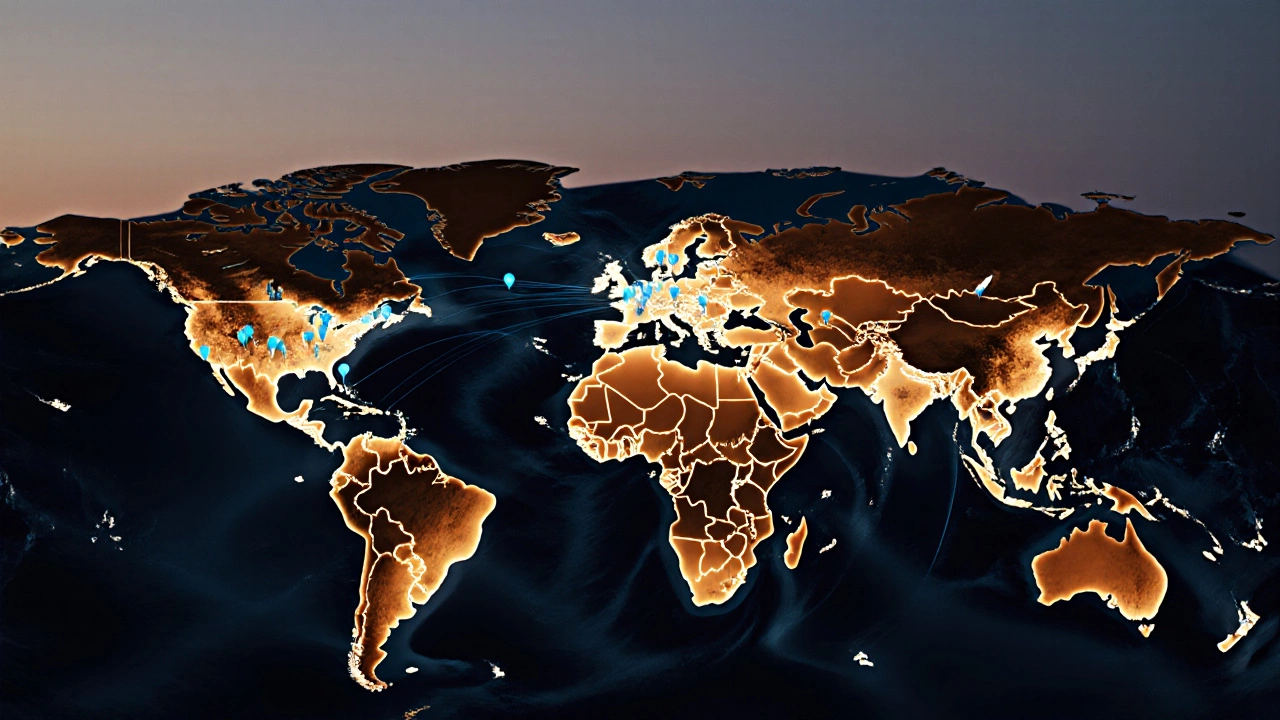CBSE Curriculum: What It Is, How It Shapes Indian Students, and What Comes Next
When you hear CBSE curriculum, the standardized syllabus followed by over 20,000 schools across India and abroad, governed by the Central Board of Secondary Education. Also known as CBSE syllabus, it defines what students learn from Class 1 to Class 12, from algebra to biology, and how they’re tested in board exams. This isn’t just a list of topics—it’s the backbone of how millions of Indian students prepare for college, competitive exams like JEE and NEET, and even their first jobs.
The CBSE curriculum leans heavily on theory, memorization, and standardized testing. But over the last five years, it’s quietly started shifting. More schools now include basic coding in Class 6, project-based learning in science, and even digital literacy modules. This change didn’t happen by accident. It’s a response to what students actually need: skills that work beyond the exam hall. Think web development, data analysis, or even understanding how apps and websites are built. You’ll see this shift reflected in posts about how CBSE students compare to those studying in the USA, or why someone with a CBSE background can still become a full-stack developer without a CS degree.
What’s missing? Critical thinking. Creative problem-solving. Real-world application. That’s why so many CBSE students turn to online platforms—learning React, WordPress, or Python on their own time. They’re filling the gaps the classroom doesn’t cover. And it’s working. The fact that you can land a $65K+ web developer job without a degree, or that non-IT people are mastering full-stack development, shows the system is evolving. The CBSE syllabus, the official framework for school learning in India still controls the classroom, but outside of it, students are building their own paths. They’re learning how to code, how to design websites, how to speak English confidently, even how to manage their sleep for JEE prep—all while following the same textbook as their classmates.
So what’s next? The CBSE curriculum isn’t going away. But the way students use it is changing. More are treating it as a starting point, not the finish line. They’re using it to get into college, then using free resources to build real skills. That’s why this collection includes posts on web development, EdTech leaders like Byju’s, MBA trends, and even how to earn while learning online. It’s all connected. The CBSE curriculum gives you the foundation. What you do after that? That’s where your future begins.
Is CBSE Only in India? Exploring CBSE’s Global Reach
Find out if CBSE is limited to India. Learn about its worldwide schools, affiliation process, curriculum consistency, and how it compares to other international boards.
